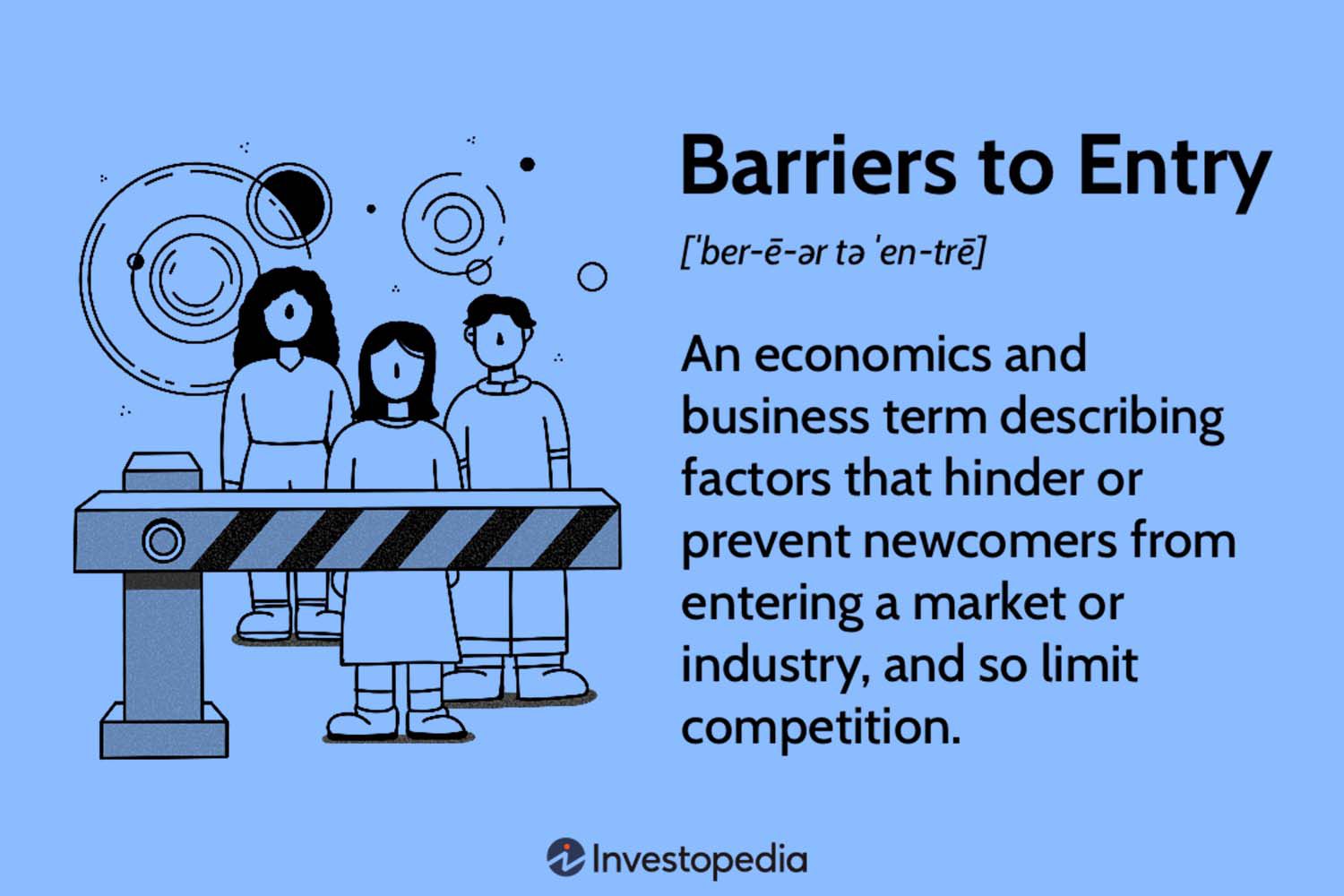Breaking into the Job Market without Prior Experience
Entering the job market can be a daunting task, especially for those with little to no experience. However, there are many jobs with no experience that pay well, offering a great starting point for a successful career. The key to securing one of these positions lies in highlighting transferable skills, education, and training in job applications. Transferable skills, such as communication, teamwork, and problem-solving, are valuable in many industries and can be acquired through various experiences, including volunteering, internships, and extracurricular activities.
Education and training also play a significant role in increasing employability. Many high-paying entry-level jobs require specialized skills and knowledge, which can be acquired through vocational training, certifications, or degree programs. By emphasizing these qualifications in job applications, candidates can demonstrate their potential and commitment to the field.
Moreover, many companies offer training programs and on-the-job learning opportunities for new hires. These programs can provide valuable experience and skills, helping individuals to grow and advance in their careers. When searching for jobs with no experience that pay well, it is essential to look for companies that offer such opportunities and to highlight relevant skills and education in job applications.
In addition to highlighting transferable skills and education, it is crucial to tailor job applications to the specific position and company. This can be achieved by researching the company’s values, mission, and culture, and by using language from the job posting in the application. By doing so, candidates can demonstrate their enthusiasm and interest in the company and position, increasing their chances of getting hired.
Ultimately, breaking into the job market without prior experience requires persistence, creativity, and a willingness to learn. By highlighting transferable skills, education, and training, and by tailoring job applications to the specific position and company, individuals can increase their chances of securing a high-paying entry-level job and launching a successful career.
Identifying In-Demand Industries and Job Roles
The job market is constantly evolving, with new industries and job roles emerging every year. To increase chances of securing a high-paying entry-level job, it’s essential to identify in-demand industries and job roles that offer good pay and opportunities for career advancement. Some of the fastest-growing industries include tech, healthcare, and renewable energy, which are expected to continue growing in the coming years.
In the tech industry, job roles such as software developers, data analysts, and cybersecurity specialists are in high demand. These jobs require specialized skills and knowledge, but offer competitive salaries and opportunities for career advancement. For example, software developers can earn an average salary of $105,000 per year, while data analysts can earn an average salary of $60,000 per year.
The healthcare industry is another sector that is experiencing rapid growth, with job roles such as nurses, medical assistants, and healthcare administrators in high demand. These jobs require specialized training and education, but offer competitive salaries and opportunities for career advancement. For example, registered nurses can earn an average salary of $76,000 per year, while healthcare administrators can earn an average salary of $119,000 per year.
Renewable energy is another industry that is experiencing rapid growth, with job roles such as solar panel installers, wind turbine technicians, and energy auditors in high demand. These jobs require specialized training and education, but offer competitive salaries and opportunities for career advancement. For example, solar panel installers can earn an average salary of $42,000 per year, while energy auditors can earn an average salary
How to Get Hired without Direct Experience: Tips and Strategies
Securing a high-paying entry-level job without direct experience can be challenging, but there are several strategies that can increase your chances of getting hired. One of the most important steps is to tailor your resume and cover letter to the specific job you’re applying for. This means highlighting the skills and qualifications that are most relevant to the position, and using language from the job posting to describe your experience and qualifications.
Another key strategy is to prepare for interviews by researching the company and practicing your responses to common interview questions. This will help you to feel more confident and prepared, and to show the interviewer that you’re genuinely interested in the position. Additionally, consider using online platforms such as LinkedIn to connect with people in your industry and to build your professional network.
When it comes to your resume and cover letter, there are several things to keep in mind. First, make sure to use a clear and concise format, and to highlight your most relevant skills and qualifications. Use action verbs such as “managed,” “created,” and “developed” to describe your experience, and include specific numbers and metrics to demonstrate your achievements.
In your cover letter, be sure to address the hiring manager by name, and to explain why you’re interested in the position and the company. Use specific examples to illustrate your skills and qualifications, and to show how you can contribute to the company’s success.
Online platforms such as LinkedIn can also be a valuable resource in your job search. Use these platforms to connect with people in your industry, and to build your professional network. Join relevant groups and engage in discussions to demonstrate your expertise and to build your reputation.
Finally, don’t be discouraged if you don’t have direct experience in the field. Many employers are willing to train and develop the right candidate, and there are many jobs with no experience that pay well. Focus on highlighting your transferable skills, and on demonstrating your enthusiasm and commitment to the industry.
By following these tips and strategies, you can increase your chances of getting hired for a high-paying entry-level job, even without direct experience. Remember to stay positive and persistent, and to keep working towards your goals.
Top High-Paying Entry-Level Jobs across Various Sectors
There are many high-paying entry-level jobs available across various sectors, including sales, marketing, finance, and IT. These jobs offer good pay, opportunities for career advancement, and a chance to gain valuable experience and skills. Here are some of the top high-paying entry-level jobs in each sector:
Sales:
- Sales Representative: $60,000 – $80,000 per year
- Account Manager: $70,000 – $90,000 per year
- Business Development Manager: $80,000 – $100,000 per year
Marketing:
- Marketing Coordinator: $50,000 – $70,000 per year
- Marketing Specialist: $60,000 – $80,000 per year
- Brand Manager: $80,000 – $100,000 per year
Finance:
- Financial Analyst: $60,000 – $80,000 per year
- Accountant: $50,000 – $70,000 per year
- Financial Manager: $80,000 – $100,000 per year
IT:
- Software Developer: $70,000 – $90,000 per year
- Network Administrator: $60,000 – $80,000 per year
- Data Analyst: $50,000 – $70,000 per year
These jobs offer a range of responsibilities, required skills, and average salaries. For example, a sales representative may be responsible for generating new business leads, building relationships with clients, and meeting sales targets. A marketing coordinator may be responsible for creating and implementing marketing campaigns, managing social media accounts, and analyzing market trends.
When searching for high-paying entry-level jobs, it’s essential to consider the required skills and qualifications, as well as the company culture and values. Many companies offer training and development programs to help new employees gain the skills and knowledge they need to succeed in their roles.
Remember, there are many jobs with no experience that pay well, and with the right skills and qualifications, you can increase your chances of securing a high-paying entry-level job and launching a successful career.
The Role of Vocational Training and Certifications
Vocational training and certifications can play a significant role in acquiring specialized skills and increasing employability in high-paying entry-level jobs. Many industries require specific certifications or training, and having these can give job seekers a competitive edge in the job market.
For example, in the tech industry, certifications such as CompTIA A+ or Cisco CCNA can be beneficial for those looking to enter the field of IT. In the healthcare industry, certifications such as CNA or EMT can be required for certain positions. In the renewable energy industry, certifications such as NABCEP or LEED AP can be beneficial for those looking to enter the field of solar or wind energy.
Vocational training programs can also provide job seekers with the skills and knowledge they need to succeed in their chosen field. These programs can range from a few months to a few years and can be found at community colleges, vocational schools, or online.
Some of the benefits of vocational training and certifications include:
- Increased employability: Having specialized skills and certifications can make job seekers more attractive to potential employers.
- Higher salaries: Many industries offer higher salaries to those with specialized skills and certifications.
- Job security: Having specialized skills and certifications can provide job seekers with a sense of job security and stability.
- Opportunities for advancement: Having specialized skills and certifications can provide job seekers with opportunities for advancement and career growth.
When considering vocational training and certifications, it’s essential to research the industry and job requirements to ensure that the training and certifications align with the job seeker’s career goals. Additionally, job seekers should consider the cost and duration of the training program, as well as the potential return on investment.
By acquiring specialized skills and certifications, job seekers can increase their chances of securing high-paying entry-level jobs and launching a successful career. Remember, there are many jobs with no experience that pay well, and with the right skills and certifications, job seekers can take advantage of these opportunities.
Networking and Building Professional Connections
Networking and building professional connections are essential for securing high-paying entry-level jobs and advancing in one’s career. In today’s competitive job market, having a strong professional network can make all the difference in getting hired or getting ahead.
So, how can you build a strong professional network? Here are a few tips:
- Attend industry events and conferences: This is a great way to meet people in your industry and learn about new developments and trends.
- Join professional organizations: Many industries have professional organizations that offer networking opportunities, training, and access to job listings.
- Use social media: LinkedIn, Twitter, and other social media platforms can be a great way to connect with people in your industry and build your professional network.
- Volunteer: Volunteering is a great way to meet new people and build your professional network while also giving back to your community.
When building your professional network, it’s essential to be strategic and intentional. Don’t just collect business cards or connect with people on social media without a plan. Instead, focus on building meaningful relationships with people who can help you achieve your career goals.
Some of the benefits of building a strong professional network include:
- Access to job opportunities: Many job openings are never advertised publicly and are instead filled through professional networks.
- Career advice and mentorship: A strong professional network can provide valuable advice and guidance as you navigate your career.
- Increased visibility: Building a strong professional network can help you increase your visibility in your industry and establish yourself as a thought leader.
By building a strong professional network, you can increase your chances of securing high-paying entry-level jobs and advancing in your career. Remember, there are many jobs with no experience that pay well, and with the right network and connections, you can take advantage of these opportunities.
Overcoming Common Barriers to Entry-Level Job Success
Entry-level job seekers often face a number of challenges when trying to secure a high-paying job with no experience. Some of the most common barriers to entry-level job success include lack of experience, limited job opportunities, and self-doubt.
Lack of experience is one of the most significant barriers to entry-level job success. Many employers require applicants to have some level of experience, which can make it difficult for those with no experience to get hired. However, there are ways to overcome this barrier. For example, highlighting transferable skills, education, and training in job applications can help to demonstrate potential and ability.
Limited job opportunities is another common barrier to entry-level job success. In some industries, there may be limited job openings, which can make it difficult for job seekers to find a job. However, there are ways to overcome this barrier. For example, considering internships or volunteer work can provide valuable experience and skills, and can also help to build professional networks and connections.
Self-doubt is also a common barrier to entry-level job success. Many job seekers may feel uncertain or unsure about their abilities, which can make it difficult to apply for jobs or to perform well in interviews. However, there are ways to overcome this barrier. For example, practicing interview skills, seeking feedback from others, and focusing on strengths and achievements can help to build confidence and self-esteem.
Some of the strategies for overcoming these barriers include:
- Highlighting transferable skills, education, and training in job applications
- Considering internships or volunteer work to gain experience and skills
- Practicing interview skills and seeking feedback from others
- Focusing on strengths and achievements to build confidence and self-esteem
By overcoming these common barriers to entry-level job success, job seekers can increase their chances of securing high-paying entry-level jobs and launching a successful career. Remember, there are many jobs with no experience that pay well, and with the right skills, training, and mindset, job seekers can take advantage of these opportunities.
Conclusion: Launching a Successful Career with No Experience
Launching a successful career with no experience requires a strategic approach, dedication, and a willingness to learn and adapt. By understanding the challenges of finding a well-paying job with no experience, identifying in-demand industries and job roles, and developing the skills and knowledge required to succeed, individuals can increase their chances of securing high-paying entry-level jobs and advancing in their careers.
Remember, there are many jobs with no experience that pay well, and with the right skills, training, and mindset, individuals can take advantage of these opportunities. By highlighting transferable skills, education, and training in job applications, tailoring resumes and cover letters, and preparing for interviews, individuals can demonstrate their potential and ability to employers.
Additionally, building professional networks and connections, overcoming common barriers to entry-level job success, and staying up-to-date with industry trends and developments can help individuals to stay ahead of the competition and achieve their career goals.
In conclusion, launching a successful career with no experience requires a combination of hard work, determination, and strategic planning. By following the tips and strategies outlined in this article, individuals can increase their chances of securing high-paying entry-level jobs and advancing in their careers.
So, what are you waiting for? Take the first step towards launching your career today and start exploring the many jobs with no experience that pay well. With the right skills, training, and mindset, you can achieve your career goals and succeed in your chosen field.







